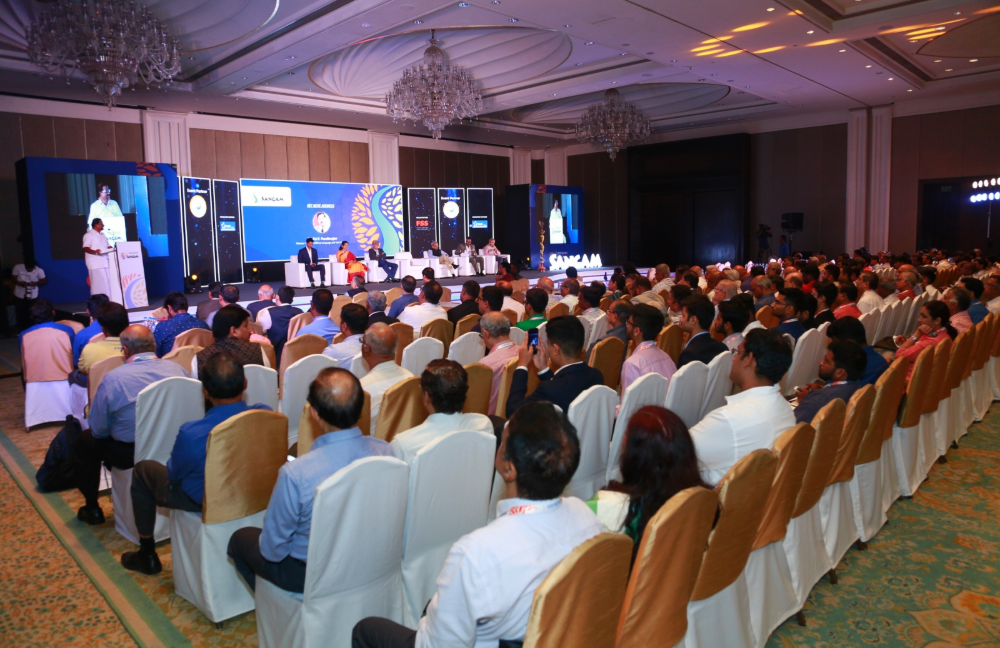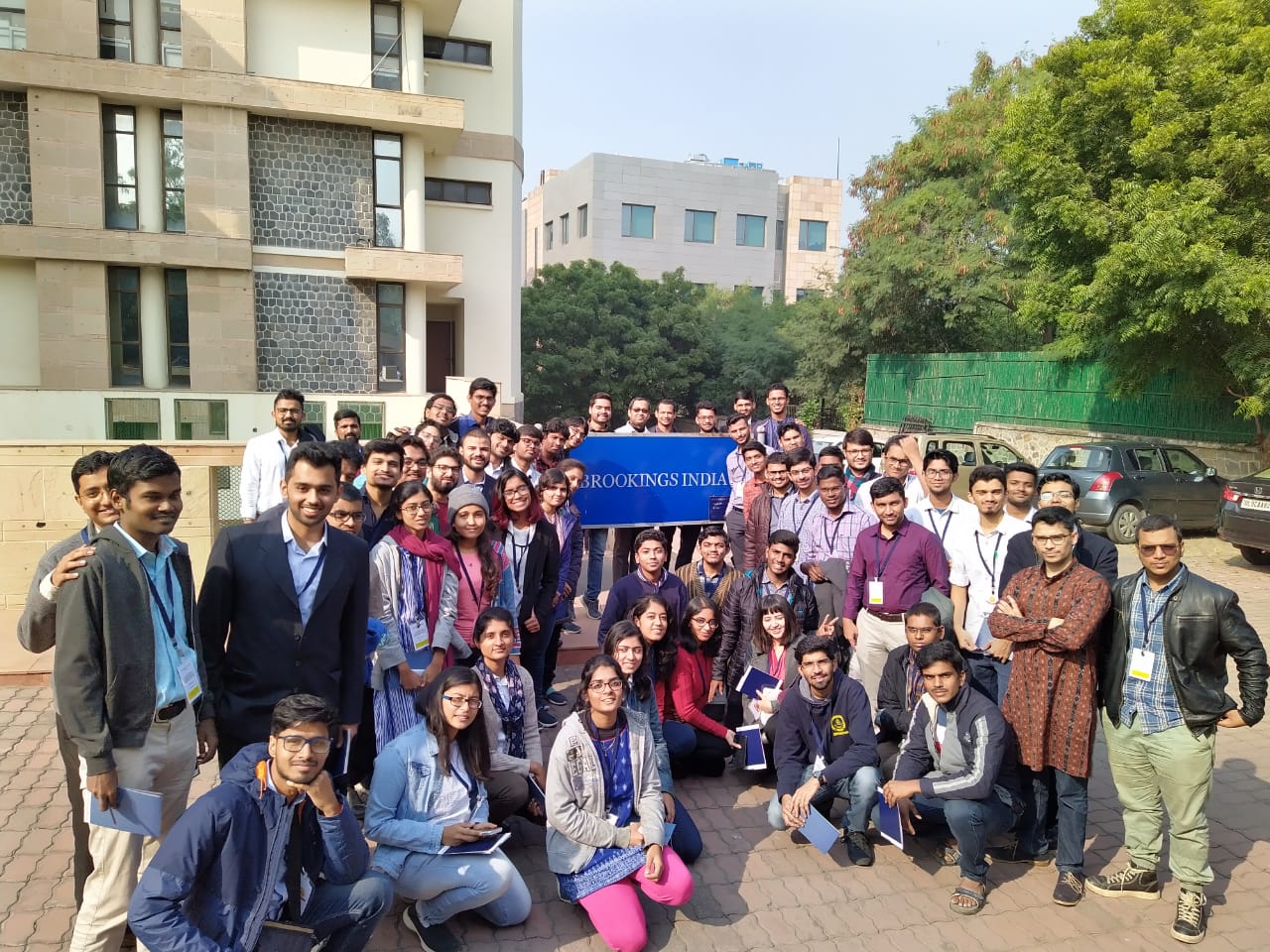This article is a report on one of the five panel discussions at the 2019 IITMAA Sangam Confluence. The following article appears in an abridged form here.
“How can we talk about sustainability outside, when this room in itself is completely unsustainable?” Mr. Harish Hande, founder of Selco India, exclaimed as the panelists for Agriculture and Sustainable Living discussed the implementation of sustainable solutions in the realms of agriculture and day-to-day living.. “Why?”, you (might) ask.
40% of the food produced in India, a country whose economic backbone is agriculture supporting a little under half of the population, is wasted or lost annually. With rising atmospheric pollution levels and about half of the population being under severe water stress, the need for reform in the implementation of sustainability solutions is apparent.
The panel moderated by Mridula Ramesh, a spokesperson for climate change and author of ‘The Climate Solution’ hosted several other eminent speakers like T. Krishnakumar, President of Coca Cola India and Southwest Asia, J Karthik, Co-Founder and CEO of Waycool Foods and Products as well as Harish Hande, a social entrepreneur.
The panel began with T. Krishnakumar highlighting the work the Coke has been doing with respect to aiding farmers in fruit cultivation by creating a steady demand and increasing their yield through ultra density farming. Eleven thousand crores has been invested into apple orchards in Uttar Pradesh, litchis in Bihar, black grapes in Tamil Nadu and so much more. Hence, the work of the corporate in reaching out to smaller farmers who lack access to credit was acknowledged.
Two of the biggest factors triggering loss in this sector are the supply volatility due to the inaccurate information provided to the farmer regarding demand trends and inefficiencies in the supply chain. J. Karthik gave the example of the movement of tomatoes into Chennai which need to travel 165 kilometers in four and a half hours from the farms. Instead, it travels 600 kilometers for a total of a whopping 3 days. Hence, Waycool builds forecasting algorithms based on three years of data to project demand and give accurate information to the farmers. It also promotes staggered cultivation and conversion of the produce into more ‘store-able’ forms such as purees.
Harish Hande then highlighted the need for the farmers who have several decades of experience to be brought into the process of decision making regarding the crops instead of just the PhD’s who have little to no practical knowledge about the produce. He then talked about Selco’s Clean Energy Fund which is a social investment vehicle with a target to enhance energy access to the under-served.
Coke’s initiative to recycle bottles and manage plastic waste was also discussed. Their efforts have now expanded to 20 cities with a total of 21,000 tonnes recycled. A circulate fund has also been established for start-ups based on waste management coming out with sustainable solutions.
With that the panel was concluded by Mridula Ramesh by highlighting the need to democratize innovation so as to become sustainable innovation engine for the world.




